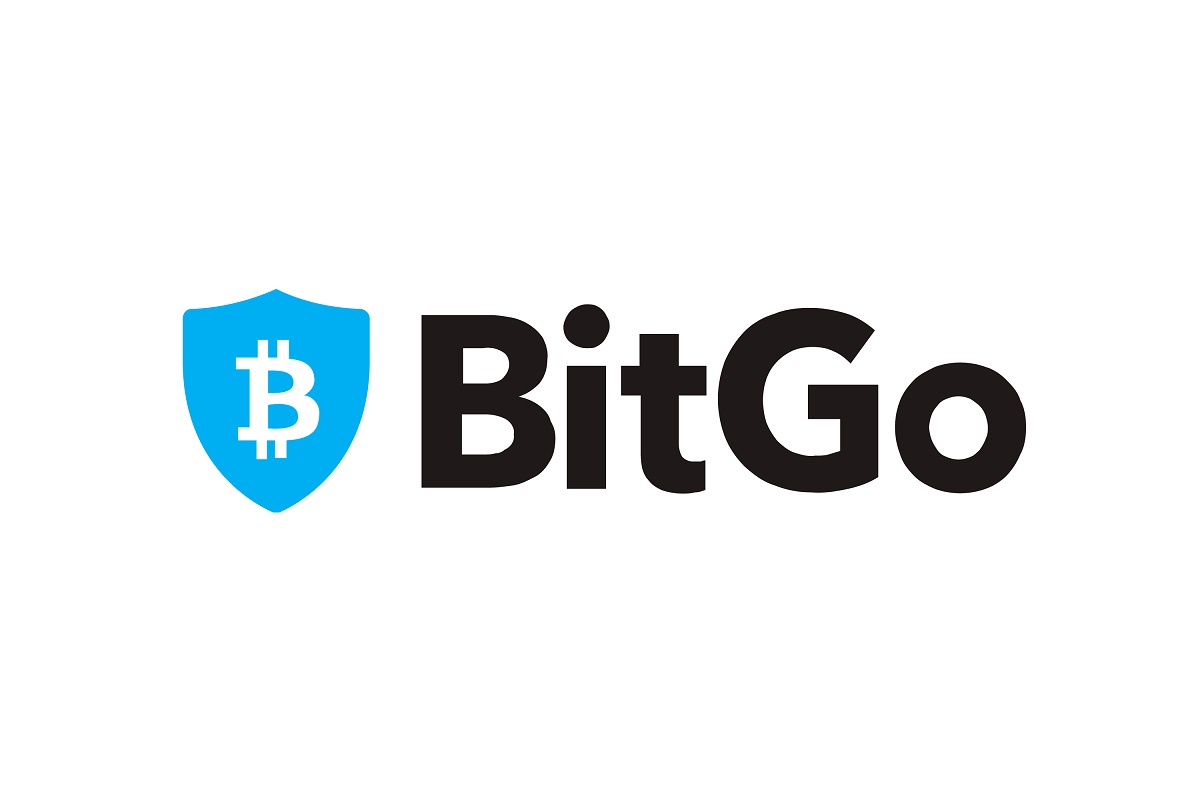Popular cryptocurrency custodian BitGo has taken to X (the platform formerly known as Twitter) to announce it has gained in-principle approval to operate as a Major Payment Institution (MPI) from the top financial regulator in Singapore.
This milestone follows a similar event in Germany: the cryptocurrency firm secured a crypto custody business license from BaFin, the German financial regulatory authority.
With the new approval, BitGo can now enjoy all the privileges of a Major Payment Institution (MPI) in Singapore, pending approval from the Monetary Authority of Singapore (MAS), another milestone it hopes to cross.
What Does BitGo Do?
BitGo describes itself as a ‘leader’ in digital asset security, custody, and liquidity. Boasting 1,500 institutional clients in over 50 countries, BitGo prides itself on facilitating approximately 20% of all global Bitcoin transactions by value.
Led by co-founder and CEO Mike Belshe, BitGo offers a wide range of services to both individual and institutional clients, including NFT wallets, staking, DeFi, and cold cryptocurrency storage solutions to enable easy procurement, trading, borrowing, and lending of cryptocurrency assets.
Headquartered in Palo Alto, California, the in-principle approval for a Singaporean MPI license signals its first steps toward globalization. With licenses to operate as stakeholders in Germany and Singapore, we might witness a massive decentralization of BitGo’s services, evenly spread across the Western world.
What Does the MPI License Entail?
There are three types of licenses for financial institutions in Singapore-the Standard Payment Institution (SPI) license, the Major Payment Institution (MPI) license, and the Money-Changing License.
The MPI license, which is the kind BitGo has in-principle approval for, allows a company to conduct its services with immunity to the S$3 million (USD$2.2 million) monthly transaction limit or the S$5 million limit on daily outstanding money.
Companies that apply for MPI licenses in Singapore must be incorporated within the country, have a permanent office for books and record-keeping, keep a minimum capital base of S$250,000, and have at least one Singaporean executive director.
BitGo does not have the full version of the MPPI license. It has an in-principle license that authorizes it to act as a Major Payment Institution while financial regulators in Singapore analyze the company to evaluate its readiness for the full license.
There are Several MPI Licenses for Crypto Companies
The in-principle MPI license in Singapore is not groundbreaking, as several cryptocurrency companies operate in the country as Major Payment Institutions, with some holding a full license.
Coinbase, Ripple, and Crypto.com all got the regulatory nod last year, making BitGo somewhat late in the game. With most first-world countries increasingly becoming more hostile towards cryptocurrency firms and startups, companies have turned to friendlier countries like Singapore for their services.
Singapore Leads in Global Blockchain and Crypto Adoption
Singapore is being heavily praised worldwide for its liberal stance towards cryptocurrencies, with the Singaporean government known for its investments in crypto research and blockchain development. The country also has one of the most robust regulatory frameworks for cryptocurrency companies, making it a favorable breeding spot for new crypto startups.
Unlike most financial regulators, the Monetary Authority of Singapore (MAS), the Singaporean top financial regulator, is strongly pro-crypto, evident by the speedy granting of MPI licenses to industry operators around the globe.
Independent surveys also indicate this pro-crypto stance may reflect popular opinion, with around 58% of the population seeing Bitcoin as a viable investment asset and a store of value, according to an Independent Reserve survey. With nearly half of the Singaporean citizens owning cryptocurrency, it is no surprise that its government is keen on aiding the growth and expansion of the industry.








